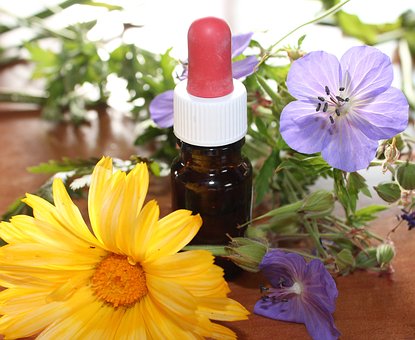Momordica charantia
The herb known as the bitter melon is a tropical plant, and grows extensively in the tropics-which include parts of East Africa, large parts of Asia, the Caribbean islands, and in parts of South America. This plant is used as a source of food and as an herbal medicine as well. True to its name, the fruit of this plant has a very bitter taste. Medicinal use is chiefly made of the fruit, as it is considered the safest and most easily cured part of the plant, however, the seeds, the leaves, and the vines of the bitter melon has also been extensively used in a variety of herbal medicines and infusions.
Late onset diabetes is treated using the unripe fruit of the bitter melon; this is the main use of the herbal remedy.
Menstruation is induced by the ripe fruit, which also functions as a stomach tonic at the same time. Turkish herbalist uses the fruit of the bitter melon to treat all types of ulcers affecting the body. Herbal remedies made from the biter melon is also a favorite of herbalist in the West Indies, they use it as a cure all or super herb, treating cases of worms, problems related to urinary stones, and in the treatment of fever. The purgative action of the juice of the fruit is also extensively made use of in the West Indies. The herbal remedy is also prescribed for treating colic and abdominal gas in different people.
The leaves of the bitter melon are used to make an herbal decoction, which is given to patients suffering from all types of liver problems and cases of colitis. This decoction can also be used as a topical remedy and it can be applied directly on the skin to treat eruptive skin disorders. Herbal oil derived from the seed oil is used on wounds for topical relief and long term remedial benefits.
The bitter melon is quite common as a food item relatively speaking, and remedies made from the bitter melon have been traditionally used to treat different conditions, by different people and societies in the tropical regions of the world. The bitter melon was commonly used and could supposedly treat all kinds of infections of the body, it could supposedly treat cancer, and it was also used in treating cases of diabetes. Beer and herbal teas have been made from the leaves and the fruit, and these parts of the plant have also been used to season soups in the Western world.
The other use of the herb is in making candles, these are manufactured from the wax that the plant berries produce in large amounts.
The bitter melon is a native plant of countries in southern Asia, and the plant is very common throughout all the tropical regions around the world. Harvesting of the bitter melon takes place all year long and in all seasons.
The potential of the seeds of the bitter melon as contraceptives was investigated in China in the 1980s. Investigations and certain researches have suggested that the action of the plants may cause some harm to the liver of the person using them. Studies have also confirmed that the fruit of the bitter melon when consumed can lead to a significant
lowering of the sugar levels in the blood and urine of a person.
The bitter melon can also be prepared as a dish to be eaten as food by individuals with a taste or tolerance for bitter flavors, the small melons can be eaten directly at mealtimes or if preferred, fresh juices of the melon of up to 50 ml of juice can be drunk every day as a part of the diet. Herbal tinctures made from the bitter melon are also an excellent option for those who do not like the bitter taste, a dose of about five ml can be taken two to three times every day as a normal part of the diet.
SIDE EFFECTS AND CAUTIONS
Extreme abdominal pains and diarrhea can be brought about by drinking extremely high doses in the person taking it.
Bitter melon herbal remedies must also be avoided by all small children and anyone suffering from hypoglycemia as this herb can theoretically trigger or greatly worsen the low blood sugar if it already affects the person. At the same time, confirmed diabetics who are already using hypoglycemic medications-including chlorpropamide, glyburide, or phenformin or even doses of insulin must take bitter melon only under competent and professional medical supervision. The chances of the herbal remedy interfering with the potencies of the hypoglycemic medications, leading to further worsening of the hypoglycemia exists and this must be avoided at all costs.

